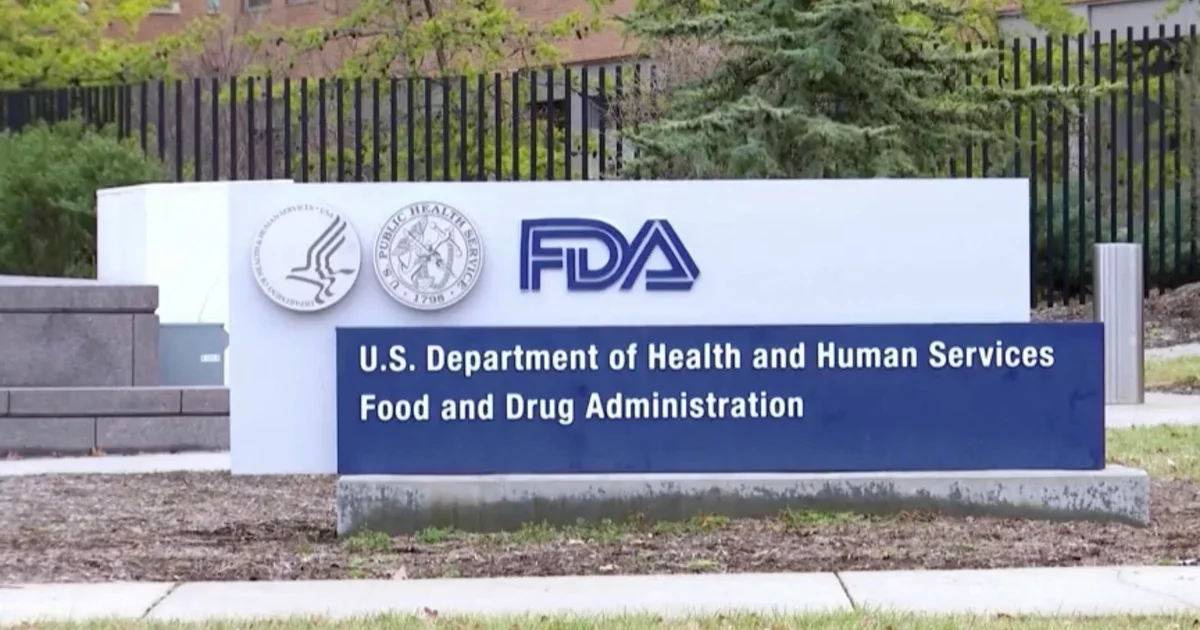The top veterinarians overseeing the bird flu response at the Food and Drug Administration’s Center for Veterinary Medicine were laid off on Tuesday, as part of sweeping cuts ordered by Health and Human Services Secretary Robert F. Kennedy Jr. to the nation’s health agencies.
Out of some 10,000 workers laid off Tuesday across the Department of Health and Human Services, more than 130 staff were cut in the FDA’s veterinary center, multiple officials said. The center oversees medicines and food given in the U.S. to animals, ranging from pets to cattle.
Officials said cuts impacted virtually all of the leadership team in the Center for Veterinary Medicine’s office of the director, except for the director herself, Tracey Forfa.
Management and administrative teams were also gutted at CVM, including communications and purchasing staff, officials said, similar to other centers within the FDA.
“The food compliance officers and animal drug reviewers survived, but they have no one at the comms office to put out a safety alert, no admin staff to pay external labs to test products,” one FDA official said, who was not authorized to speak publicly.
Two senior veterinarians in CVM had been overseeing its bird flu efforts, which was tasked with leading several aspects of the FDA’s response to the virus, including investigating pet illness complaints and recalls.
Other work overseen by now-cut senior veterinarians at the agency included work on antimicrobial resistance and investigations into contaminated animal feed, which could end up contaminating meat or dairy products made from animals who consume tainted products.
News of the veterinarians’ layoffs was previously reported by Reuters.
Several multistate recalls of pet food contaminated with the bird flu virus have been announced in recent months by the FDA and pet food manufacturers. While most humans have survived bird flu infections, the virus has been especially lethal to some animals like cats.
Veterinarians in the office had also been overseeing other efforts to curb bird flu, including standing up lab capacity to test pet products and research into gene editing chickens for resistance to the virus, as well as interest in better therapeutics for animals, an official said.
The FDA’s chief medical officer, Dr. Hilary Marston, was also ousted Tuesday from the agency. She had been closely working to coordinate the agency’s bird flu response with CVM’s veterinarians, as well as to lead its oversight of human drugs and vaccines for the virus.
“I am sad that this chapter is coming to an end and very sorry for others experiencing the same,” Marston, who also played a key role in the federal government’s responses to the COVID-19 and mpox outbreaks, posted Tuesday on LinkedIn.
The FDA’s Human Foods Program also lost more than 100 staff, including administrative and communications staff supporting scientists and health officials responding to the bird flu response alongside other teams, multiple officials said.
Other parts of the bird flu response may have also been affected as a result of Tuesday’s cuts, officials said.
Staff in the U.S. Centers for Disease Control and Prevention’s divisions investigating respiratory diseases and emerging infectious diseases were not among those cut at the Atlanta-based agency, according to unofficial lists circulated among CDC staff.
But more than 80 people were cut at the Administration for Strategic Preparedness and Response, two officials said.
ASPR, which is set to be merged into the CDC as part of Kennedy’s restructuring, oversees funding of pandemic stockpiles of influenza vaccines and treatments.
Cuts at the agency affected ASPR’s IT teams as well as the Biomedical Advanced Research and Development Authority, which funds research and production of vaccines and drugs, as well as workers for the Strategic National Stockpile, one official said.
Unlike Kennedy’s HHS, the U.S. Department of Agriculture has not begun its White House-ordered “reduction in force” efforts, one official said, aside from offering early retirements and buyouts to many staff.
Alexander TinAlexander Tin is a digital reporter for CBS News based in the Washington, D.C. bureau. He covers federal public health agencies.
